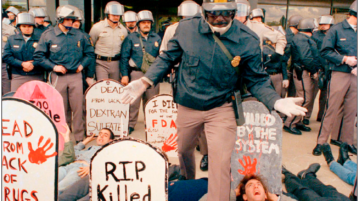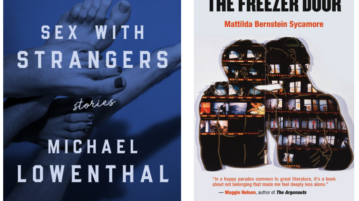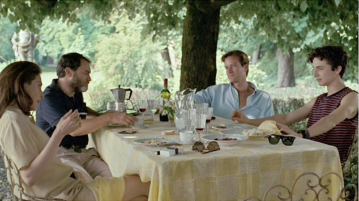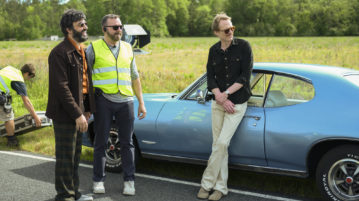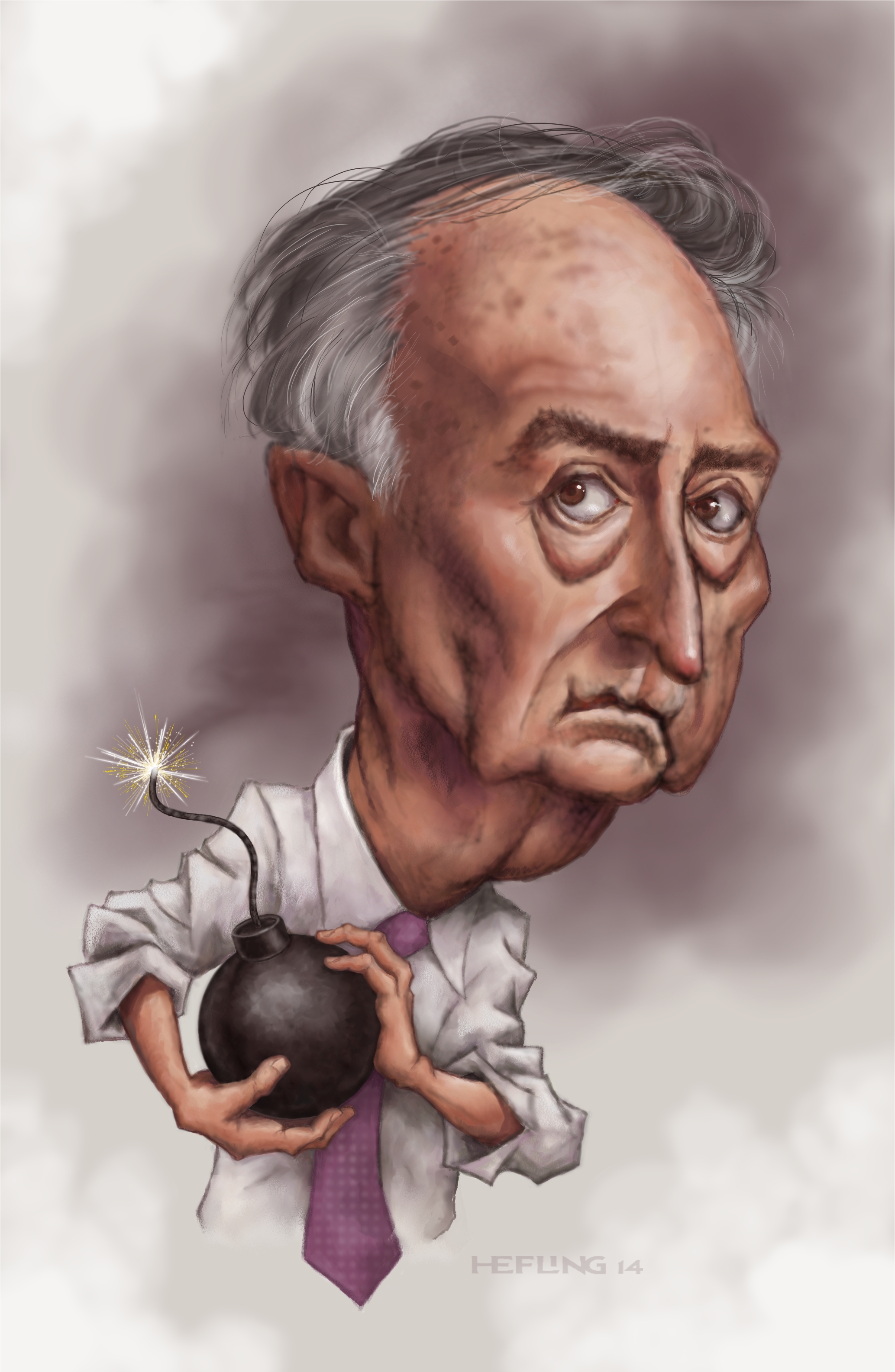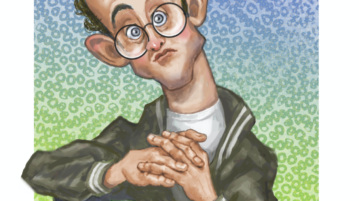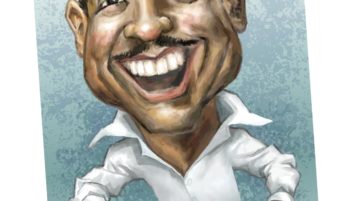
Langston Hughes’ Down-Low Dreams
Langston Hughes’ name is among the most recognizable in 20th-century American letters. The Harlem Renaissance poet par excellence, Hughes was the writer who brought blues to poetry, the visionary who spoke of knowing “rivers ancient as the world,” the author of the metaphor that gave Lorraine Hansberry’s great play A Raisin in the Sun its name. He toured widely on two continents, was quoted by leaders like Martin Luther King, Jr., and lived what seemed to be a very public life. And yet, in a number of crucial respects, Hughes remains a mystery.
More



